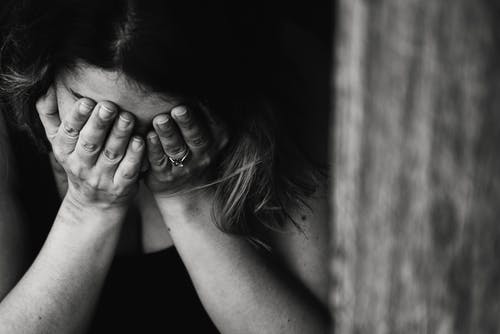Sexual assault is something that has affected one in every five women and one in every 71 men. It often leaves a mark in multiple ways for the survivors. It can affect their family, relationships, physical and mental well-being, thus making a survivors’ day to day lives very hard to manage.
Relationships can be very difficult for anyone. There are millions of questions that can run through your head. Not to mention just finding the balance in your life with another person.
These things can also become even more complicated for those who have experienced sexual assault. Dealing with sexual assault can often leave a person confused with who they can trust and who they are after the event, making establishing relationships with others very difficult.
Trust can then be something that is very hard to gain back with people. If the survivor was close to the attacker, it may be confusing as to why they did it. Often after the event, the survivor feels they cannot trust people in their lives.

The survivor can begin to seclude themselves from those around them. When they finally decide to reach out it can be difficult. The survivor may feel confused about where their boundaries are with themselves and others around them. A survivor might become scared that if they start to trust others they could get hurt again.
The survivor can also feel a sense of blame. It is very common for them to blame themselves for the event. It can also be hard after telling others. Being asked about details such as your appearance, mental state and if you were drinking or using drugs can seem harmless to the person providing the question, but to a survivor, it weighs on their already considerable guilt.
Related Articles:
As a society, we have this mentality of blaming the victim. We are very quick to jump to these conclusions that put undue put blame on the victim. These things often make the survivors feel like they could have done more. This type of thought process also makes the survivor feel like the abuse was their fault.
Blaming oneself can also be a coping mechanism. It helps place blame and calm feelings of uneasiness. Even though someone is only sexually assaulted because the attacker wanted to, blaming oneself helps ease the chaos. You may hear a survivor rationalize why the attacker did what they did.
It is easy for the survivor to feel ashamed of the incident. Shame and a sense of blame can relate very closely to one another. It is very common for survivors to feel that there are broken.

They can often feel that they have been tarnished or that there is a sense of loss within them. As a human being, we want to feel in control over what happens to us. When sexual assault happens there is a sense of humiliation which then turns to shame. If the survivor knows others who have endured sexual assault, they may downplay their story because others have dealt with worse.
They can go through physical changes such as eating disorders. Survivors can have a mindset of “if I become smaller and lose the curves there won’t be anything to look at.” They can also begin to purge to gain weight. So, others will look at them and see their weight in an effort to prevent another sexual assault.
The eating disorder also gives the person a sense of control. This control may appeal to them due to the control they feel they lost. This is almost a coping mechanism of sorts. It allows for a numbing of sorts to happen to help calm anxiety the survivor feels.
There may be other behaviors the survivors turn to as an effort to cope. These behaviors can be conscious but tend to be more subconscious. Survivors can begin to avoid anyone who resembles the attacker. They will not date those who remind them of the attacker and develop anxiety towards those who have similar physical traits.
The survivors may also be drawn towards those who resemble their attacker. They will date those who have similar traits as a way to cope. This habit often used as a way to make it okay for themselves. In a sense, they are retrying it with a new person, yet this person was given consent and that helps make it okay that it happened.
Sexual assault is a very hard topic to talk about. Sadly, many have gone through the pain and effects of these events. It has affected many on a day to day basis in terms of feeling a sense of safety, as well as how they connect with others.

Many survivors have a difficult time establishing and keeping relationships with others and family. They can also begin having difficulty with physical and mental states, making it essential to bring positive and encouraging awareness of sexual assault.
If you or someone you know was sexually assaulted and needs help, please call the National Sexual Assault Hotline: 1-800-656-4673
Ashley Brown
Social Media Coordinator


